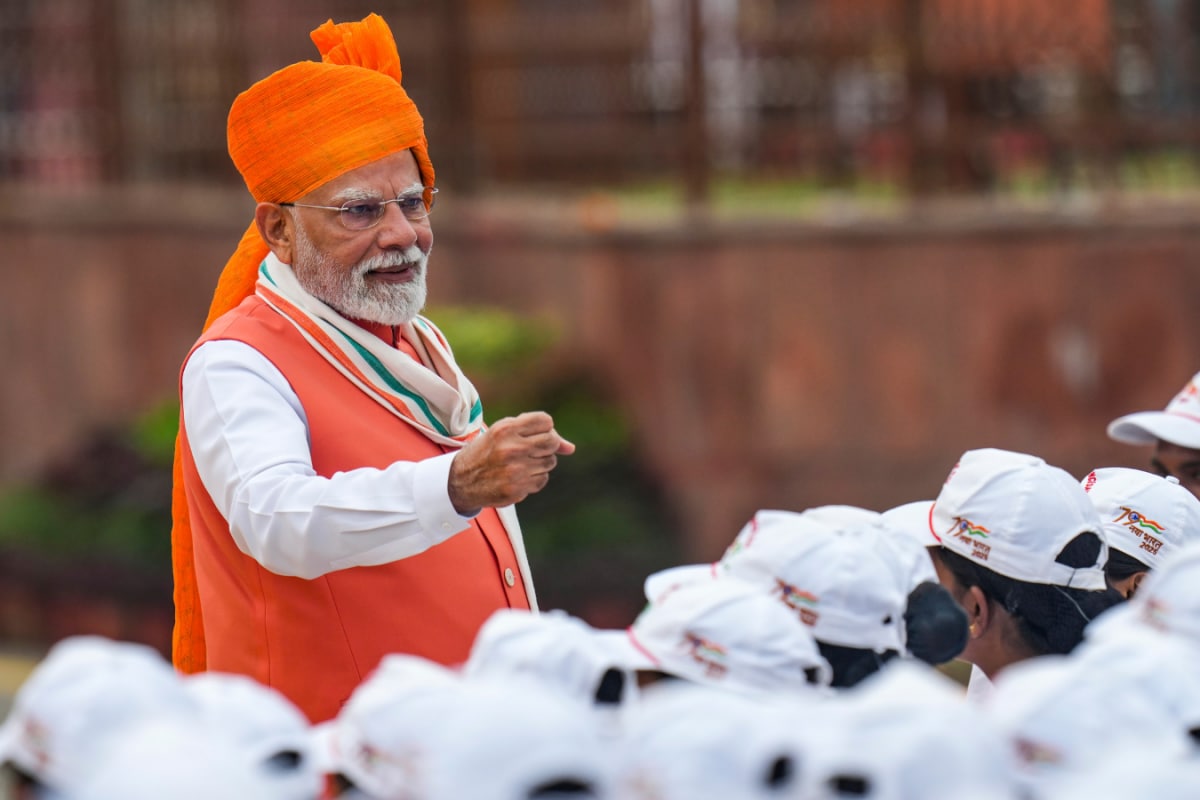

The Union Cabinet, led by Prime Minister Narendra Modi, has approved a ₹1,500 crore incentive scheme aimed at promoting the recycling of critical minerals within the country. This initiative is designed to enhance domestic recycling capacity for the extraction and production of critical minerals from secondary sources, including e-waste, lithium-ion battery (LIB) scrap, and other materials like catalytic converters from end-of-life vehicles.
This scheme is an integral part of the National Critical Mineral Mission (NCMM), which seeks to build domestic capacity and strengthen the supply chain resilience for critical minerals. The critical mineral value chain, which includes exploration, auction, mine operationalization, and acquisition of foreign assets, typically has a long gestation period before it can supply critical minerals to Indian industry. Recycling secondary sources is considered a practical approach to ensure supply chain sustainability in the near term.
The scheme will operate for six years, from fiscal year 2025-26 to 2030-31. It is expected to benefit both large, well-established recyclers and smaller, new recyclers, including start-ups, with one-third of the scheme's total outlay earmarked for these smaller entities. The scheme is applicable to investments in new units, as well as the expansion, modernization, and diversification of existing units.
The incentives under the scheme will support the recycling value chain involved in the actual extraction of critical minerals, rather than just the production of black mass. The incentive structure includes a 20% capital expenditure (Capex) subsidy on plant and machinery, equipment, and associated utilities for starting production within a specified timeframe, with a reduced subsidy for delays. Additionally, there will be an operational expenditure (Opex) subsidy, which serves as an incentive on incremental sales over the base year of FY 2025-26, with 40% of the eligible Opex subsidy available in the second year and the remaining 60% in the fifth year. Subsidy limits are set at a maximum of ₹50 crore per large entity and ₹25 crore per small entity, with ceilings on Opex support at ₹10 crore and ₹5 crore, respectively.
The government anticipates that this scheme will help recycle 10% of India's critical minerals, potentially leading to ₹8,000 crore in investment and the production of 40 kilo tons of minerals. By promoting the recycling of critical minerals, the scheme aims to reduce import dependence and boost green energy initiatives.